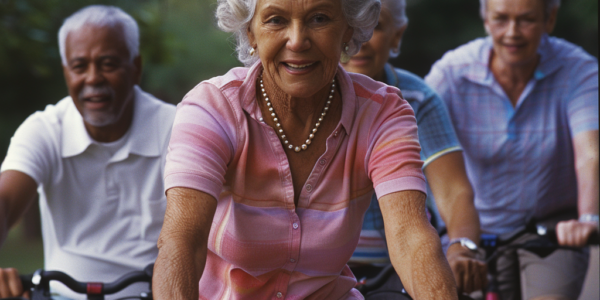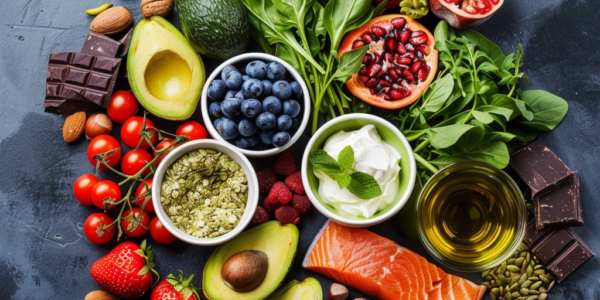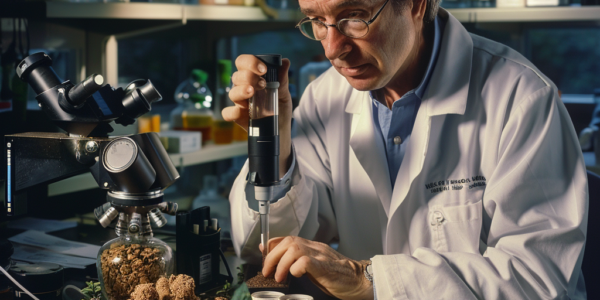Debate Over Anti-Aging Drugs for Dogs Raises Scientific and Ethical Concerns
Recent developments in anti-aging research suggest that dogs may benefit from anti-aging drugs before humans. Clinical trials are underway, but concerns have been raised about the credibility of these developments, including premature claims and marketing tactics. Despite skepticism, there is anticipated demand for anti-aging supplements for dogs, highlighting the broader significance of aging research and the potential market for interventions targeting pet longevity.
Pregnancy linked to increased biological ageing in women, study finds
A study from the Columbia University Mailman School of Public Health found that pregnancy may accelerate biological aging in women. The research, published in the Proceedings of National Academy of Sciences, revealed that each individual pregnancy reported was linked with an additional two to three months of biological aging. The study also showed that women who reported more pregnancies during a six-year follow-up period experienced a greater increase in biological aging. These effects were observed even after accounting for socioeconomic status, smoking, genetic variation, and the built environment in participants’ surroundings.
Aerobic Exercise in Later Life Prevents Genomic Instability, Study Finds
Study from the University of Utah suggests that regular aerobic exercise in later life can prevent DNA damage and telomere dysfunction, potentially reducing the risk of cardiovascular disease-related mortality. The study, presented at the American Physiology Summit, highlights the positive impact of exercise on genomic stability and vascular health.
Experts explain how you can reverse your biological age
Learn how tech mogul Brian Johnson spends $2 million a year to de-age himself, and discover simple, science-backed tips from experts on how to reverse your biological age without the crazy and expensive methods.
10 Anti-Aging Foods for Men and Women
Discover the top 10 anti-aging foods for men and women, including berries, fatty fish, leafy greens, nuts and seeds, avocado, turmeric, green tea, yogurt, tomatoes, and dark chocolate. These foods are rich in antioxidants, vitamins, and healthy fats, helping to combat oxidative stress, inflammation, and cellular damage to slow the aging process and maintain overall well-being.
Italian Expert Valter Longo Promotes Longevity Diet
Italian expert, Valter Longo, is leading the conversation on aging and nutrition with his research on a plant- and nut-based diet that promotes longevity. With a focus on cell rejuvenation, Dr. Longo’s work has contributed to the global discussion on staying young and healthy as the field of aging research evolves.
Pregnancy’s Effect on Biological Age
Pregnancy can have a significant impact on biological age, with new research showing a reversal of aging effects after delivery. The study from Yale University highlights the potential for bodies to bounce back from the changes of pregnancy, but researchers emphasize the need for further understanding of the mechanisms at work.
New Epigenetic Clock Modeled on Cheek Swabs Offers Non-Invasive Approach to Predict Biological Age
Learn about the new non-invasive epigenetic clock that can predict a person’s biological age using cheek swabs, offering potential for precision medicine. Understand how epigenetic clocks work and how DNA methylation is correlated with age, providing a predictable pattern to trace a person’s biological age.
The Decline of Cognitive Health in Middle Age
Are you experiencing cognitive decline in your forties and fifties? Experts warn that the middle-aged brain is prone to substantial shifts in size and function, leading to a rapid drop in cognitive health. However, proactive measures such as diet, exercise, and supplements can help maintain brain health as we age.
Mayo Clinic Study Links Social Isolation to Accelerated Biological Aging and Mortality Risk
Mayo Clinic study reveals the significant link between social isolation and accelerated biological aging, with individuals with limited social connections at a higher risk of premature mortality. The research utilized AI-enabled electrocardiograms to estimate the biological age of over 280,000 adults and found that those with robust social networks exhibited slower biological aging. The study emphasizes the critical role of social connection in overall physical health and longevity, highlighting the need to prioritize social connectivity as an integral aspect of promoting overall health and well-being.










